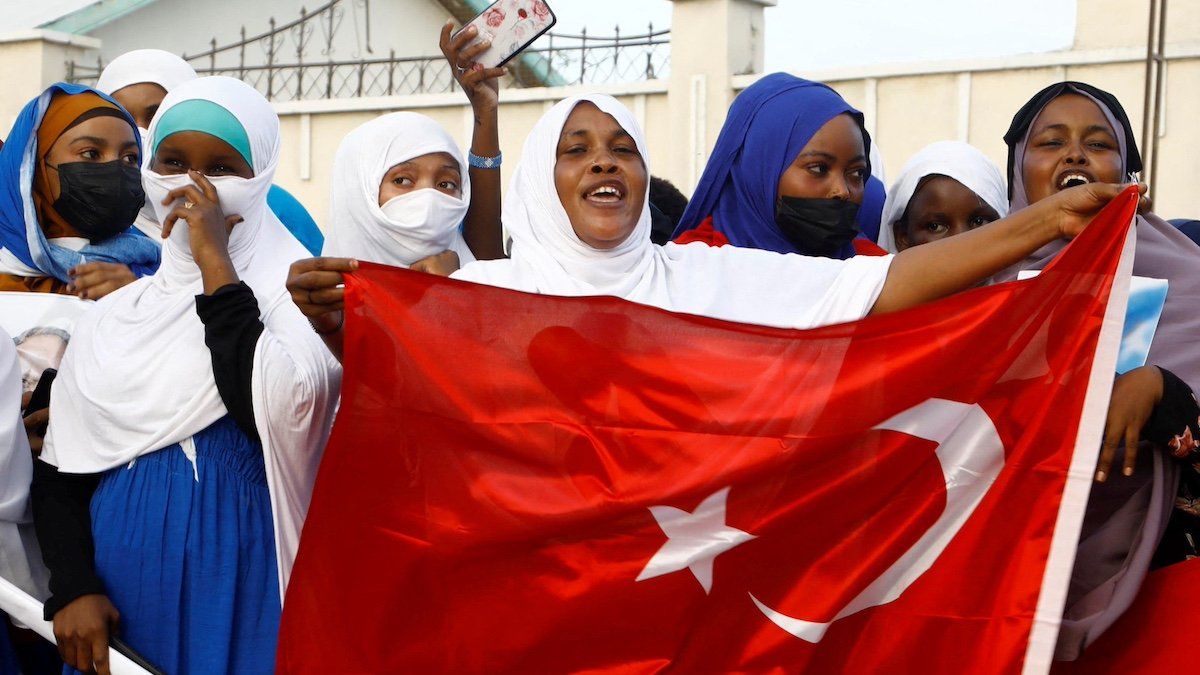Turkey confirmed Thursday that it has signed a defense agreement with Somalia. The deal commits Ankara to defending Somali waters and to helping Mogadishu build up its navy against “foreign interference” – a veiled reference to rising tensions with Ethiopia.
Last month, Addis Ababa signed a memorandum of understanding with the breakaway state of Somaliland allowing Ethiopia to utilize the port of Berbera in exchange for recognizing Somaliland’s independence. Ethiopia is the world’s most populous landlocked country, so securing sea access is vital, but Mogadishu says the deal is an unacceptable violation of its sovereignty.
Could it come to war? The United States is certainly concerned, with Washington’s top Africa diplomat, Assistant Secretary of State Molly Phee, shuttling between meetings with Ethiopian Prime Minister Abiy Ahmed and Somali President Hassan Sheikh Mohamud and telling reporters “the region can ill-afford more conflict.” The European and African Unions, the Arab League, and Egypt are all echoing US and Turkish calls for Somali sovereignty to be respected.
But we’ve got our eye on the
United Arab Emirates, which previously facilitated ties between Ethiopia and Somaliland and could lean on its
growing military influence in the Horn of Africa to sway the course of events – particularly with African Union troops set to pull out of Somalia this year.
